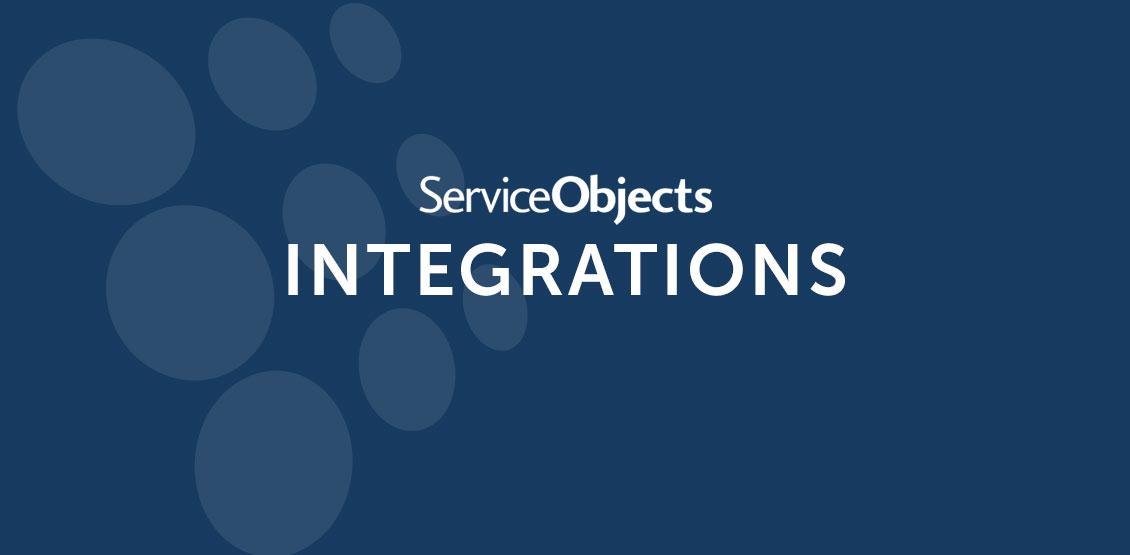Customer service chat is popular with companies and customers alike. It’s easy, it’s quick, and it works well on mobile devices. But easy and popular doesn’t always equal good. Read this chat with customer service agent “Jack” at Vizio. It is a set of customer service blunders, large and small.
Here’s the chat transcript
Visitor: Hi I just bought a 50″ M501d-A2R tv. i am trying to set it up. I can’t put in the password to my wifi because my password is longer than the number of characters allowed. I don’t want to reset my password on my Cisco cable router. Can you help?
Jack: Here at VIZIO we pride ourselves in providing best in class U.S. based support. I’m happy to assist you today. How many digits is your wireless password?
Visitor: 26 digits
Jack: The TV will support up to 22 digits. Unfortunately the password would need to be shortened to work with our TVs.
Visitor: Hmm i am not glad to hear that
Jack: I apologize for the inconvenience.
Visitor: Ok. Please email me a transcript of this chat. Thank you.
Jack: You’re welcome! You will receive a copy of this chat transcript as soon as the chat window has closed. Thank you for chatting with VIZIO today. If you have any questions feel free to contact our support team at 1-877-878-4946, online at chat.vizio.com, or email us at techsupp@vizio.com! We would also like you to join VIZIO Fandemonium today to earn points and win prizes only at VIZIOfanzone.com Thanks again, and have a great day.
Here’s how this chat needs to be improved:
Stop the chest-thumping about being US-based. This should NOT be the first thing Jack says to the customer. In fact, Jack shouldn’t say this at all. It doesn’t matter whether Vizio’s support is based in the US. The customer wants a high-quality chat. He wants a quick, correct, complete answer. Jack’s first statement really causes problems because the support he provides isn’t worth the company’s pride and it isn’t best-in-class. The cultural elitism of this statement is really unattractive, especially given the poor quality of the chat.
Use the customer’s name. The impersonal use of “Visitor” rather than the customer’s name clashes with the parts of the chat that are quite good. Some of Jack’s replies are specific and personal. For example, when he asks, “How many digits is your wireless password?”, it is clear he’s read what Visitor has written. The chat system should be configured to use the customer’s name. Why would any customer service organization want to refer to a customer by an anonymous term?
Be sincere. I was really sad when Jack laid down the classic customer service trope: “I apologize for the inconvenience.” In this case, this statement is insincere and unnecessary. There’s no need for an apology because neither Jack nor Vizio has done anything wrong. And it’s a true service failure to simply apologize when the customer needs help solving the problem.
Help the customer. Don’t merely answer the customer’s question. Visitor got an answer to his question about the length of his password. His is four digits too long. But Jack never helped him. Even if Jack can’t actually help Visitor reset the password on the Cisco router, he should have written something like, “Refer to the user guide that came with your Cisco router to find instructions on how to reset and shorten your password…”
Omit the marketing. Vizio clearly thinks, “We’ve got Visitor’s attention, so let’s pitch him Fandemonium.” But this pitch doesn’t belong in this chat, especially given the poor service Vizio has provided. And it’s not good marketing copy, either. Points? For what? Prizes? What kind? What’s In It For Me?
Reprinted from LinkedIn with permission from the author. View original post here.
Editor’s Note: Service Objects prides itself on customer service and tech support for effective resolutions to all questions, issues and inquiries. We’re always striving to improve our customer support, and have found chat to be an integral part of our everyday communication with those who visit our site seeking answers to their data validation problems.
Author’s Bio: Leslie O’Flahavan, Principal, E-WRITE
As E-WRITE owner since 1996, Leslie has been writing content and teaching customized writing courses for Fortune 500 companies, government agencies, and non-profit organizations. Leslie is a frequent and sought-after conference presenter, a faculty member at DigitalGov University, and the co-author of Clear, Correct, Concise E-Mail: A Writing Workbook for Customer Service Agents. Leslie can help the most stubborn, inexperienced, or word-phobic employees at your organization improve their writing skills.




